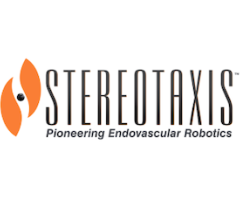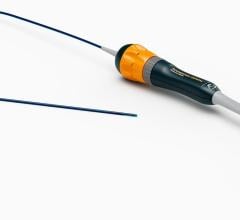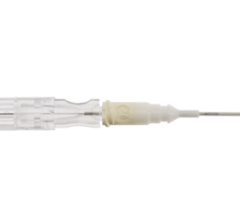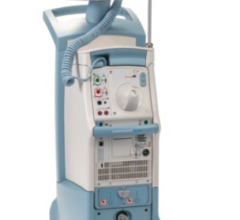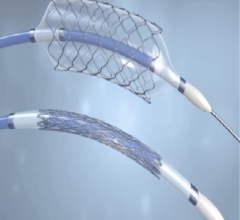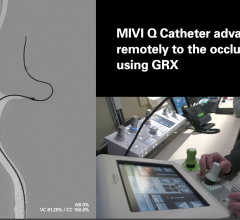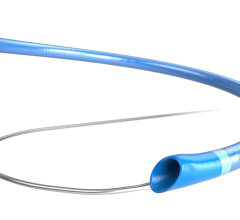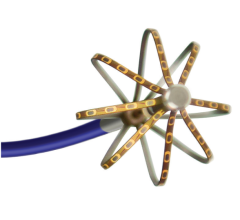June 5, 2008 - To train interventional cardiologists and vascular specialists in what is called neuro-rescue, or stroke intervention, the Society for Cardiovascular Angiography and Interventions (SCAI) launched the first interactive, simulation-based stroke intervention course, “SCAI Core Curriculum in Introductory Neuro Rescue.”
Using hands-on simulation, physicians are learning to capture and remove blood clots in the brain through catheter-based treatments similar to the life-saving treatments used to stop a heart attack.
The program, developed for cardiologists already experienced in coronary and carotid artery stenting, introduces physicians to acute stroke intervention and provides hands-on simulation in clot removal. Each session is limited to 20 experienced interventional cardiologists in order to provide extensive hands-on training, allowing participants to practice removing clots from the brain on a unique simulation system. Clots are removed using a newly FDA-approved catheter-based clot-retrieval device. Physicians thread a guidewire to the clot through the carotid arteries in the neck. The wire is threaded through the clot, and when the device is deployed, the coiled wire wraps around the clot, acting like a basket and allowing the physician to pull the whole clot from the body and restore blood flow to the brain.
“In the event of a heart attack, ‘time is muscle,’ and in the event of a stroke, ‘time is brain tissue.’ Quick intervention can mean the difference between a full recovery and disability or even death,” said Christopher U. Cates, M.D., FSCAI, director of Vascular Intervention at Emory Hospitals in Atlanta, and SCAI Secretary and Program/Course Director. “Cardiologists who participated in the course were able to practice removing a clot from the brain in the cardiac cath lab under the simulated circumstances that match what they would experience while treating a stroke patient. They practiced using the new interventional devices and experienced what it looks like and even what it feels like to remove the clot from the blood vessels of the brain.”
In 2007, representatives from interested medical disciplines, industry and government convened the first Stroke Roundtable to develop guidelines and conduct research on stroke. SCAI was the first organization to launch a stroke intervention course in late 2007, “Advanced Course in Carotid Stenting,” and the Introductory Neuro Rescue course is the first course of its kind to provide acute stroke intervention simulation training for cardiologists.
“Interventional treatments are the future of stroke care. With advances in treating carotid artery disease with stenting, it is important for cardiologists to be trained to stop strokes,” said Bonnie H. Weiner, M.D., MSEC, MBA, FSCAI, SCAI’s former president. “New interventional treatments are showing great promise in stopping stroke, just as similar treatments have revolutionized heart attack care over the past 30 years and dramatically reduced death rates."
A key challenge now is to train a sufficient number of physicians around the country to deliver these important treatments and raise awareness among patients about the importance of seeking care quickly if they experience symptoms of stroke, Dr. Weiner said. As the procedure evolves, SCAI will also work with other societies and agencies to assess the effectiveness of these interventions against existing benchmarks for the treatment of stroke.
“Stroke remains a leading cause of disability and death worldwide. We hope that interventional treatments will have the same impact on stroke outcomes that they have had on heart attack outcomes over the past three decades,” said Ziyad M. Hijazi, M.D., MPH, FSCAI, president of SCAI. “Interventionalists are able to transfer their experience in catheter-based treatments from the heart to the brain, and together with neurologists and other specialists, we have the opportunity to dramatically impact the effects of stroke.”
For more information: www.scai.org and www.seconds-count.org


 October 28, 2025
October 28, 2025 

